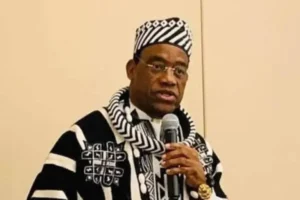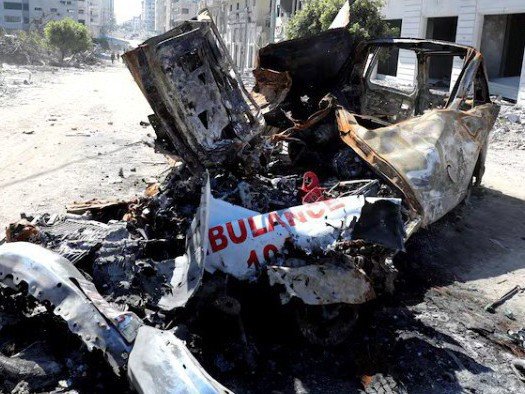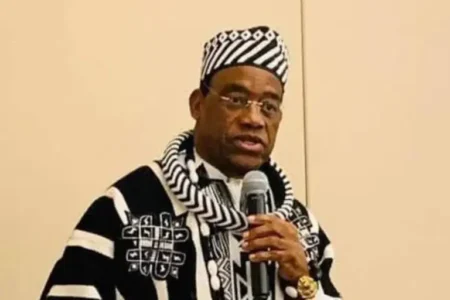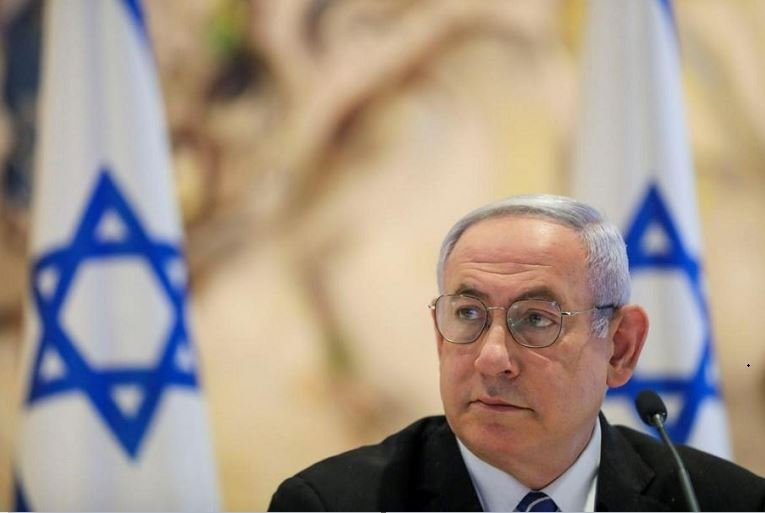At least 140 Palestinians were killed across Gaza in the past 24 hours following intensified Israeli strikes, according to local health officials.
The latest wave of violence has unfolded as global attention increasingly pivots to the escalating conflict between Israel and Iran.
Gaza’s health ministry reported that around 40 deaths occurred on Wednesday alone due to Israeli airstrikes and gunfire. Many of the victims were among crowds seeking humanitarian aid—a grim pattern that has persisted since Israel partially lifted a complete blockade three weeks ago.
Separate air raids struck residential areas in the Maghazi refugee camp, the Zeitoun neighbourhood, and Gaza City, killing at least 21 people. Another strike on an encampment in Khan Younis in the southern part of the Strip left five dead. In central Gaza, 14 people were reportedly killed by Israeli fire while waiting for United Nations aid trucks along Salahuddin Road.
Responding to questions about the incident on Salahuddin Road, the Israel Defense Forces (IDF) stated that the area was “an active combat zone” and that individuals had approached IDF troops in a threatening manner. “Troops fired warning shots,” the IDF said, adding that it was unaware of any injuries at the time. The military emphasized that it is “operating to dismantle Hamas military capabilities” while taking “feasible precautions to mitigate civilian harm.”
Gaza’s health ministry said on Tuesday that since aid deliveries resumed in late May, 397 Palestinians had been killed and more than 3,000 wounded while trying to collect food.
Some Palestinians say the humanitarian crisis in Gaza is being ignored amid the rising tensions between Israel and Iran.
“People are being slaughtered in Gaza, day and night, but attention has shifted to the Iran-Israel war. There is little news about Gaza these days,” said Adel, a resident of Gaza City.
“Whoever doesn’t die from Israeli bombs dies from hunger. People risk their lives every day to get food, and they also get killed and their blood smears the sacks of flour they thought they had won,” he added in a message to Reuters.
Israel is now routing much of the humanitarian aid into Gaza through the Gaza Humanitarian Foundation—a joint initiative supported by the U.S. and Israel. This group employs private U.S. logistics and security firms and manages a few distribution centers located in areas under IDF protection.
While Israel insists it will keep allowing aid into Gaza while preventing it from reaching Hamas, the militant group denies seizing supplies and accuses Israel of weaponizing hunger.
Philippe Lazzarini, head of the U.N. agency for Palestinian refugees (UNRWA), condemned the current aid distribution system, calling it “a disgrace & a stain on our collective consciousness” in a post on X (formerly Twitter) on Wednesday.
The war in Gaza, which erupted in October 2023 after Hamas-led militants attacked Israel—killing 1,200 people and taking around 250 hostages—has since claimed nearly 55,600 Palestinian lives, according to Gaza’s health ministry. It has also displaced nearly the entire population and created a dire food emergency.
The World Food Programme (WFP) on Wednesday called for a massive scale-up in food delivery, saying that the 9,000 metric tons sent into Gaza over the past four weeks represent only a “tiny fraction” of the need.
“The fear of starvation and desperate need for food is causing large crowds to gather along well-known transport routes, hoping to intercept and access humanitarian supplies while in transit,” the WFP said. “Any violence resulting in starving people being killed or injured while seeking life-saving assistance is completely unacceptable.”
Meanwhile, many Gazans continue to follow the developments in the Iran-Israel confrontation. While some view Iran’s strikes as a form of retaliation, the costs for Gaza remain unbearably high.
“We are maybe happy to see Israel suffer from Iranian rockets, but at the end of the day, one more day in this war costs the lives of tens of innocent people,” said Shaban Abed, a 47-year-old father of five from northern Gaza. “We just hope that a comprehensive solution could be reached to end the war in Gaza, too. We are being forgotten.”











